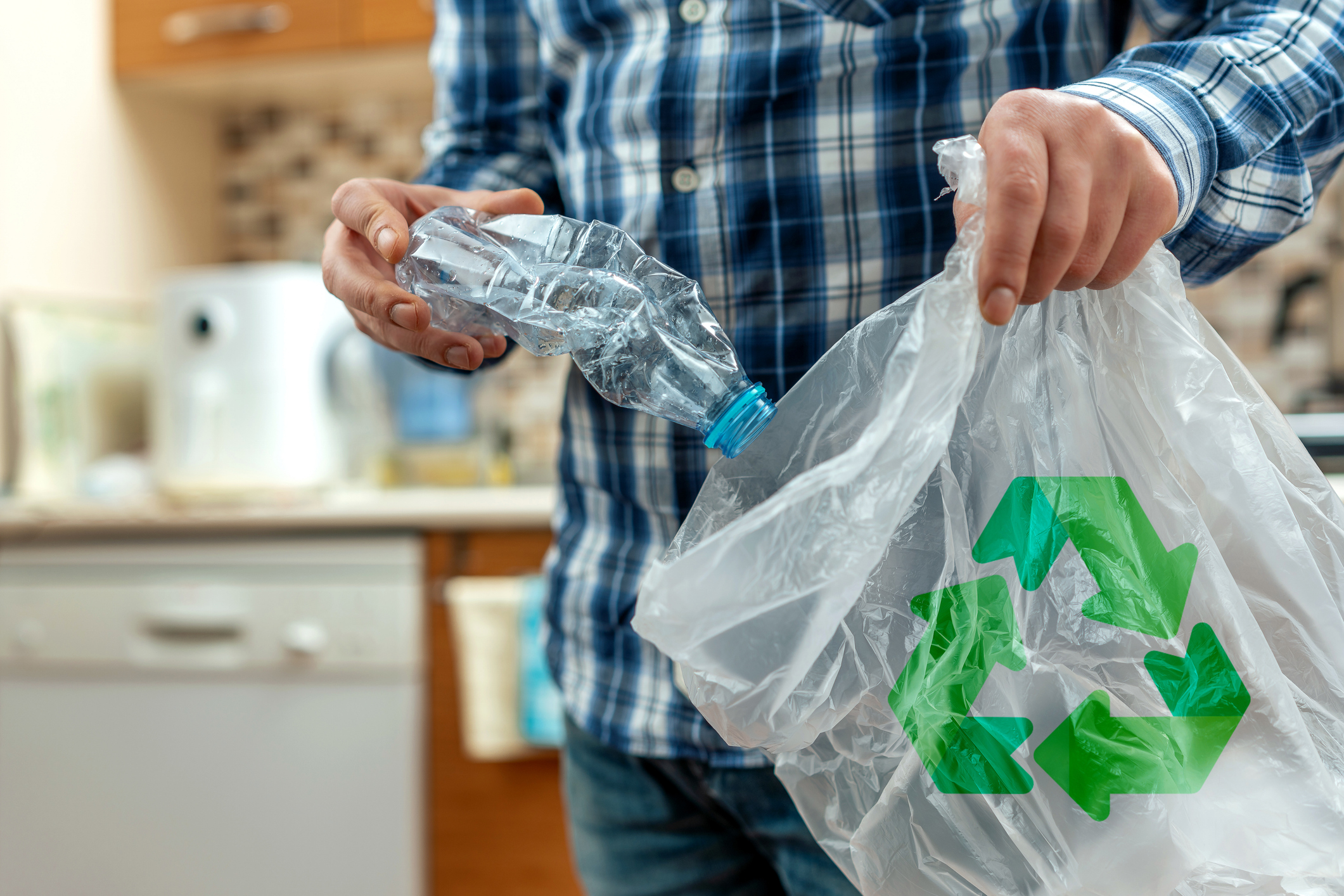Houston MRF Secures $4.25 Million Grant to Advance Flexible Packaging Recycling

In a major push to advance plastic film and flexible packaging (FFP) recycling, The Recycling Partnership announced a $4.25 million grant to FCC Environmental Services’ Houston materials recovery facility (MRF), signaling new opportunities to increase recycling rates for previously hard-to-process packaging. According to reports, this initiative is supported by PepsiCo, Kraft Heinz, and the Film and Flexibles Recycling Coalition.
The grant will enable FCC’s Houston facility to retrofit its systems for improved recovery of FFP, reduce cross-contamination with other recyclables, and produce high-quality bales suitable for end-market use. FFP, including items like plastic bags, pouches, and wraps, represents roughly 34% of U.S. plastics packaging yet remains largely unrecycled due to processing complexities and limited market demand.
Advanced technology, including TOMRA optical sorters and additional conveyors, will be installed to separate films from paper and other materials efficiently. This project also aims to provide actionable data and insights to guide scalable recycling strategies nationwide, according to the announcement.
“Plastic film and flexible packaging are widely used but have historically been excluded from curbside recycling due to processing limitations and contamination concerns,” said John Rabon, Vice President of Recycling at FCC. “This upgrade represents an important step forward—offering Houston residents new opportunities to recycle more and reduce what ends up in the landfill.”
“To meet these mandates effectively, investment now in the supply chain to turn FFP into new products is critical,” added Kate Davenport, Chief Impact Officer at The Recycling Partnership.
“Flexible packaging has many food safety and consumer benefits, but its end-of-life options remain a collective challenge for industry and governments to unlock,” commented Rachael Lawrence, Sr. Director Sustainability, PepsiCo Foods North America.
Flexible packaging is widely used in the food and beverage sector for safety and shelf-life benefits, but recycling infrastructure has lagged behind demand. Meanwhile, Extended Producer Responsibility (EPR) legislation—already passed in several states including California—is reshaping packaging supply chains by requiring higher recovery rates and imposing potential penalties for noncompliance. Analysts suggest that collaborative investments like this one could help the industry prepare for stricter regulations, while also building the supply of recycled materials needed to meet corporate sustainability goals.
With TRP’s largest-ever MRF grant, Houston is set to become a proving ground for flexible packaging recycling. If successful, the project could pave the way for scalable solutions that benefit cities nationwide, offering both environmental gains and compliance pathways under tightening regulations.
Source: The Recycling Partnership






